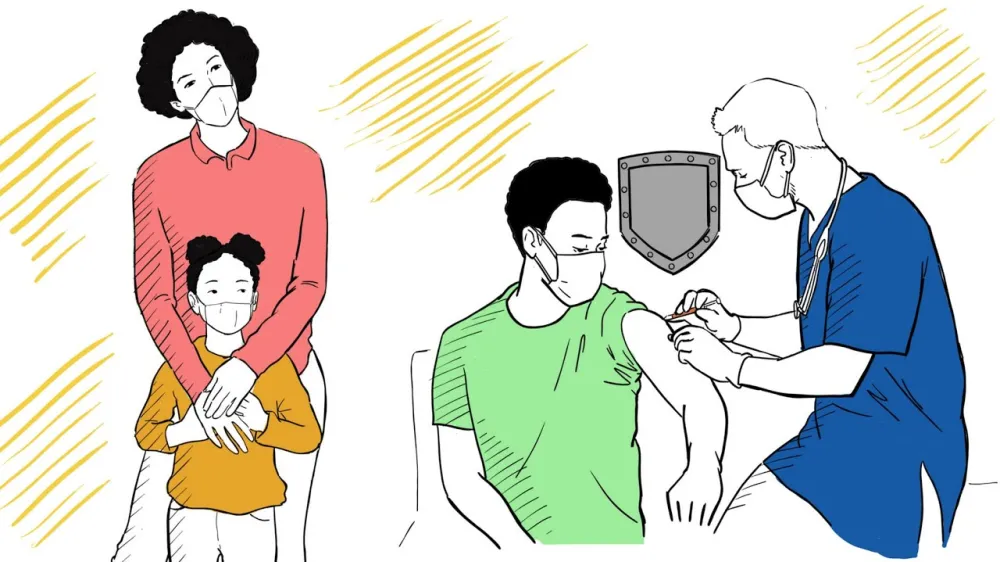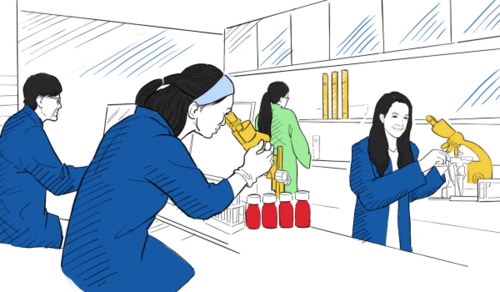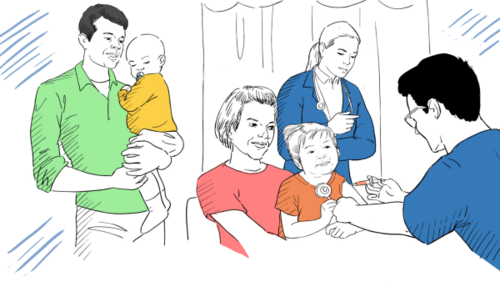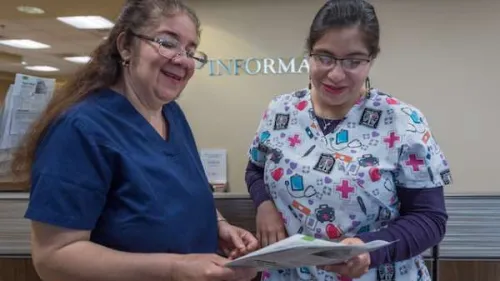- Home
- Life in the U.S.
- Health
-
Vaccines Save Lives
- Home
- Life in the U.S.
- Health
-
Vaccines Save Lives
- Home
- Life in the U.S.
- Health
-
Vaccines Save Lives
Main navigation
-
- After-School Activities in the U.S.
- Childhood Vaccination Requirements for Students in the U.S.
- Education in the U.S.
- Public Libraries as a Resource for Adults and Children
- Sesame Workshop: Supporting Young Children and Families from Afghanistan
- Sesame Workshop: Supporting Young Children and Families from Ukraine
- Summer Activities and Camps for Children
- The Benefits of Enrolling Your Child in School
- Tips for Getting Children Ready for the School Year
- Your Guide to College and University in the United States
-
- Healthcare in the U.S.
- Vaccines Save Lives
- Emotional Health and Wellness
- Managing and Coping with Stress
- Mental Health in the U.S.
- Answering FAQs on Tuberculosis (TB): A Resource for Newcomers
- Common Reactions to Stress
- Coping Skills to Help Adults Manage Stress
- Coping with Grief and Loss
- Coping with Unresolved Grief When a Loved One is Missing
- Finding Support During Difficult Times
- Helping Children Cope with Fear, Worry, and Stress
- How to Get Interpretation and Translation at Your Medical Appointments
- How to Pick Up a Prescription
- Supporting Your Children During Times of War and Conflict
- Tips for a Better Night’s Sleep
- What to Know About Respiratory Illnesses
- Women’s Wellness Exams Part 1: What is a Wellness Exam?
- Your Rights and Responsibilities in the U.S. Healthcare System
-
- Rental Housing in the U.S.
- Navigating Housing in the United States
- A Newcomer’s Guide for Renting in the U.S.
- Buying a Home in the United States
- Fire Prevention and Safety Tips
- Housing Priorities for Newcomers to the United States
- Housing in the U.S.
- Keeping Your Home Cool While Saving Energy
- Rental Housing Affordability in the U.S.
- Renting a Home: The Security Deposit
- Six Tips to Remember When Looking for Housing in the U.S.
- Understanding Additional Monthly Costs When Renting a Home
- Understanding a Lease When Renting an Apartment or a House
- Understanding the Dangers of Lead-Based Paint in Housing
- What Newcomers Should Understand About Their First Housing in the U.S.
- What is an Eviction?
- Public Assistance and Services
- Resettlement Services
-
- How to Interact with Police in the United States
- Rights and Responsibilities
- U.S. Law: First Amendment Rights
- U.S. Law: Rule of Law
- How to Notify Citizenship and Immigration Services (USCIS) of Change of Address
- Registering With the Selective Service System
- What to Do If You Are Stopped in Your Car by the Police
- When and How to Apply for Lawful Permanent Status (Green Card)
Vaccines Save Lives
Vaccines Save Lives

Vaccines have saved more people than any other medical invention.
How do vaccines work? Vaccines are safe and prevent illness. They prepare your immune system to detect germs like bacteria or viruses. A vaccine teaches the body how to fight a future infection before the germ can make you sick. Like how a child learns to read and write, the immune system reads and remembers details about the disease from each vaccine. The timing, frequency, and dose of vaccines varies. For example, some vaccines are best taken when a person is a baby or child. Others when you are an adult, elderly, or pregnant. Some vaccines you only need once. Others every year such as the flu shot. There may be vaccines for when you travel to a specific place. Have questions about vaccines? Speak with your healthcare provider. They can best advise you on which vaccines you and your family need. Remember: vaccines are safe, effective, and lifesaving. Many communities view vaccines as symbols of hope for the future. One of the best ways we can protect ourselves and our loved ones is with vaccines. Talk to your doctor today!


Up-to-date information
Find out more

The health care system in the United States is complex, so you may find it difficult to understand how it...